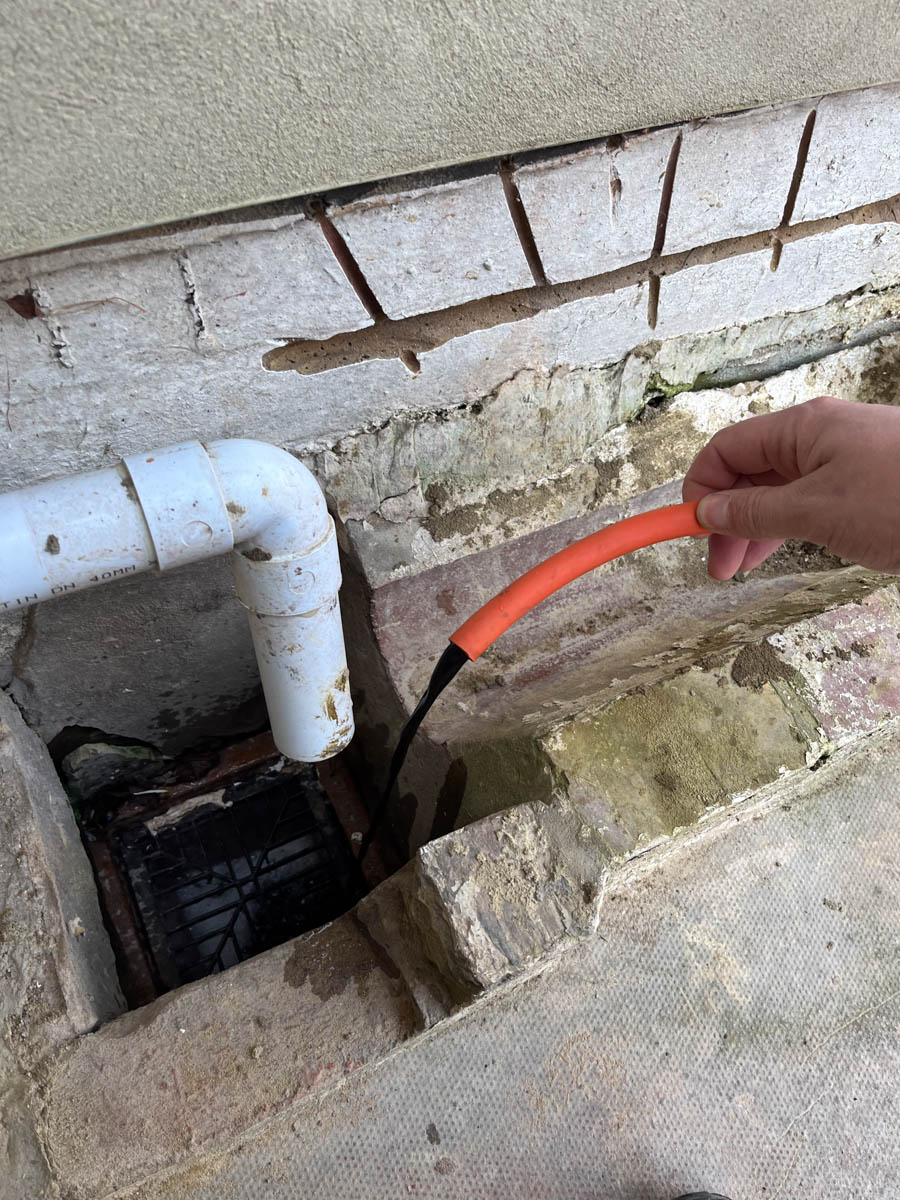Why do plumbers forget to check inhibitor in heating systems?
Introduction
In the realm of leak detection companies, there is a common frustration that plumbers overlook a crucial aspect of maintenance – testing the inhibitor in boilers and heating systems. This oversight can lead to significant issues down the line, impacting both the efficiency of the system and the longevity of the equipment. Let’s delve into why this forgetfulness occurs and the consequences it can have. Boiler pressure loss, is one of the most common reasons for requiring leak detection. All too often our engineers find that, when draining the system; it is full of rust and debris (see images). This does not occur overnight, or from dilution due to the leak (if dealt with promptly), but is norally years of system that have had a regular service of the boiler, but the inhibitor and radiaot bleeding is never done.
The Importance of Inhibitor in Heating Systems
- Inhibitor is a liquid that is added to heating systems to prevent corrosion and scale buildup.
- Without inhibitor, the internal components of the system are vulnerable to damage over time from rust, sludge and debris.
- Regular testing of inhibitor levels is crucial to ensure the proper functioning of the heating system.
Why Plumbers Forget to Check Inhibitor
- Lack of awareness about the importance of inhibitor testing.
- Overlooking this task due to time constraints.
- Inconsistent training on the significance of inhibitor.
- Prioritizing other maintenance tasks over inhibitor testing.
- Not wanting to add a ‘wet’ task to boiler servicing.
Consequences of Forgetting to Test Inhibitor
- Increased risk of corrosion and scale buildup within the heating system.
- Higher chances of malfunctions and breakdowns in the equipment.
- Reduced efficiency and performance of the heating system.
- Costly repairs and replacements due to avoidable damage.
- Hot spots in boilers causing premature heat exchanger failure.
- Difficulties in carrying out leak detection on a ‘dirty’ system, where debris blocks the leak temporarily.
Overcoming the Oversight
- Ask you heating engieer to check, when he services your boiler annually.
- Implementing checklist and record results each time.
- Use phone reminders to prompt plumbers to test inhibitor during servicing.
Conclusion
Testing inhibitor in boilers and heating systems is a critical step in preventing avoidable damage and ensuring the longevity of the equipment. While it may be easy to overlook this task, leak detection companies must emphasize the significance of inhibitor testing to avoid costly consequences in the long run. By addressing the root causes of forgetfulness and implementing proactive measures, plumbers can safeguard heating systems more effectively. Remember, a small preventative step today can save a lot of trouble tomorrow!

